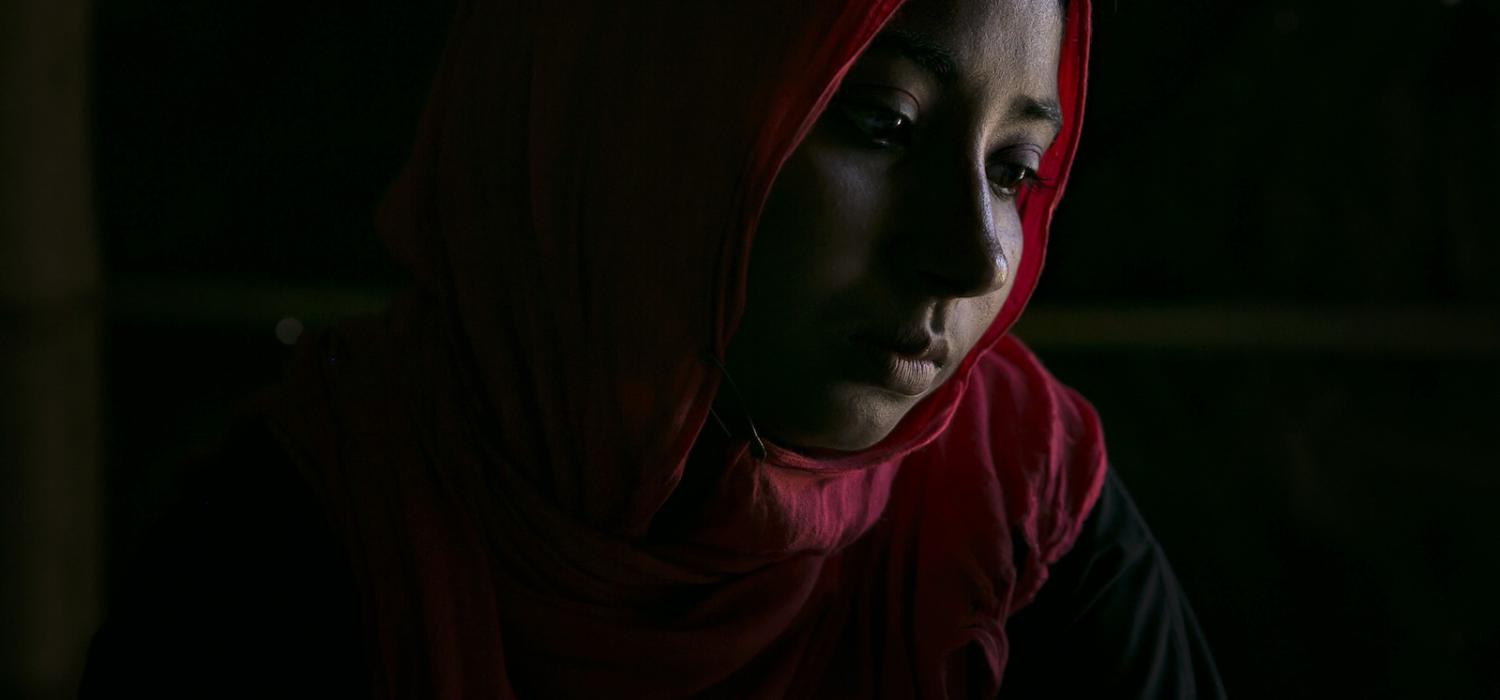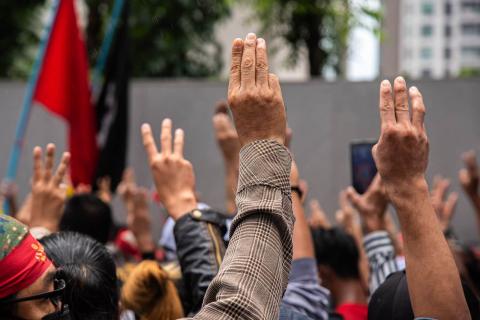People go to the polls on Saturday in Myanmar, or at least some of them do.
On 3 November 2018, the Union Election Commission will coordinate by-elections across 13 electorates. Most are to fill seats from vacancies due to deaths of senior members of parliament.
There are two reasons these elections should be on the agenda of human rights advocates.
No vote for the Rohingya
The first reason is that, like the historic 2015 elections, the Rohingya will not be permitted to vote. This is a break with past political practice. How did this occur?
It is up to human rights advocates to insist that the Rohingya should be included in the political future of this country.
There are some countries where the right to vote is permitted for non-citizen residents, allowing them voice in the political community. Myanmar was once one of them. From 2010 to 2015, the law in Myanmar permitted citizens, associate citizens, naturalized citizens, and “other persons” eligible according to the law to vote and run for public office.
In fact, if we go back to the 1990 elections, it appears that at least some Rohingya were able to run for public office. Of course, the military never honoured the results of this election, which were formally annulled 20 years later.
Likewise in 2010 and 2012, temporary identity card holders were permitted to vote and to run in the elections. In 2010, there were reports that some Rohingya were specifically given cards to ensure that they could vote. The actual possibilities of the Rohingya participating in these elections appear to have varied depending on their location.
Some who had run in the 1990 election found they were barred from contesting the 2010 elections. But others were clearly able to participate and three Rohingya members were elected to the Union Parliament as members of the USDP to represent constituencies in northern Rakhine State.
Yet by 2013, members from the (Buddhist) Rakhine National Development Party proposed legislative amendments that were intended to deny the Rohingya the right to vote and run for office. In 2014, the question of who could vote in a constitutional referendum was also hotly debated.
As a result of communications between the parliament and the Constitutional Tribunal, and then a formal case heard by the Constitutional Tribunal, it was held that the law was inconsistent with the Constitution. In effect, the Tribunal narrowed the meaning of who could vote or run for office in Myanmar. Primacy was given to the idea of “loyalty” to the state, and only those who have citizenship were considered to be loyal to the state. In addition, the identity cards that most Rohingya hold – then known as white cards – were revoked.
The actions of parliament, the Constitutional Tribunal and the Union Election Commission resulted in the disenfranchisement of the Rohingya. This was the final stage in the formal legal exclusion of the Rohingya from the political community of Myanmar.
Elections should be postponed in northern Rakhine State
The second reason the election is a sham is that one of the seats, Rathedaung, is in northern Rakhine State. The communities in this area have been directly affected by military attacks since August 2017.
Few Rohingya are left behind in Rathedaung and so, even if they could vote, their vote would no longer be a significant percentage of the voting population.
In fact, the military backed political party, the United Solidarity Development Party (USDP), is not contesting this seat, although two Arakan (Buddhist) political parties are. They are unlikely to be sympathetic to the needs of their Rohingya constituents.
Towards the 2020 elections
The by-election is small game. Political parties in Myanmar already have their eye on the 2020 elections. The NLD government has the option to reverse the disenfranchisement of the Rohingya. The NLD could choose to amend the law – it has the power and the numbers – to ensure that the Rohingya can vote. This would be a small step towards bringing the Rohingya back into the political community of Myanmar.
This reform should not be seen as impossible. After all, it was not so long ago in 2010 that the USDP in fact courted the Rohingya community in Rakhine State. They knew that the USDP needed Rohingya leaders to represent constituencies in northern Rakhine State.
Of course, realists will say there is no political will among the NLD or the USDP to include the Rohingya in the next elections, and sadly they are right.
So it is up to human rights advocates to insist that the Rohingya should be included in the political future of this country. Since such advocates are few and far between, and have little public space to express their views, it may be left up to the international community.
While humanitarian concerns for the Rohingya remain paramount, we must not be oblivious to the ways that the electoral process in Myanmar now reinforces their political exclusion. This should cause international organisations to think twice before offering electoral assistance in Myanmar.

